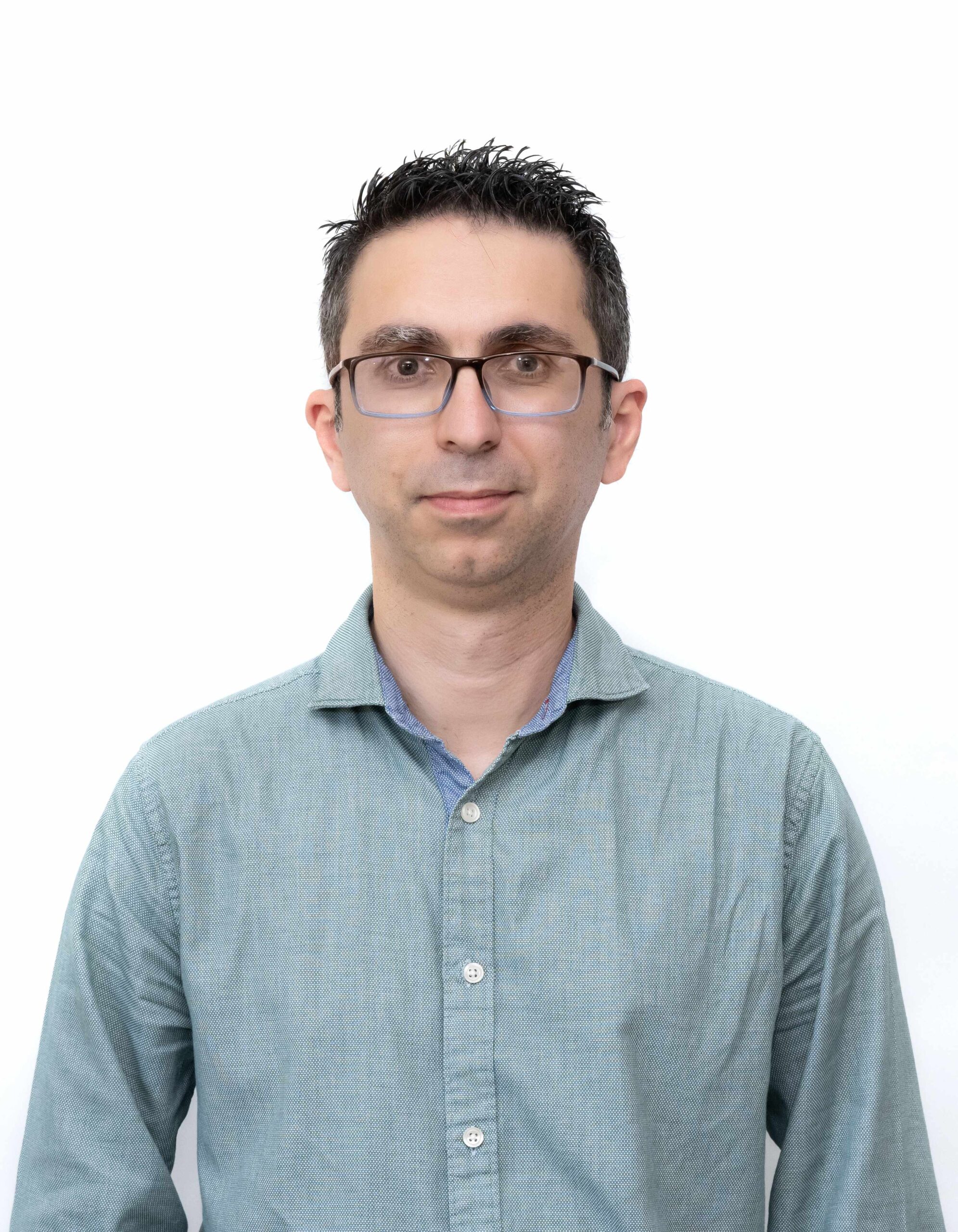
Violence is one of the most common and severe causes of human stress, and if it does not have a fatal outcome it will leave deeper “scars” on the body and mind.
Accumulated violent experiences in childhood are expected to impact child development with familial dynamics by triggering psychosocial vulnerabilities, including deficits in social competence and emotional regulation, and increasing susceptibility to compensate with health-risk behaviours in adolescence, and consequently poorer social and health outcomes later in life. Violence may not only cause suffering but also be biologically embodied and set children on a trajectory of increased risk of chronic disease development.
However, little is known about the complex interrelations between violence and health outcomes and how they are embodied and result in biological endogenous responses.
Using data from the population-based cohort Generation XXI, with violence and biological data collected since birth, this project intends to focus on the hidden effects of violence by examining the biological mechanisms of violence embodiment and if there are critical periods in which a single episode of violence can have a stronger biological effect than multiple and persistent violence exposures and if the bullying involvement roles impact adolescents’ biology. The resilient factors contributing to a healthy trajectory among those individuals who experienced violence will be also explored.
Results from this project will provide comprehensive knowledge on social differences in adolescent health, resilience and wellbeing, and consequently healthy ageing.
Note: https://doi.org/10.54499/2022.06837.PTDC









